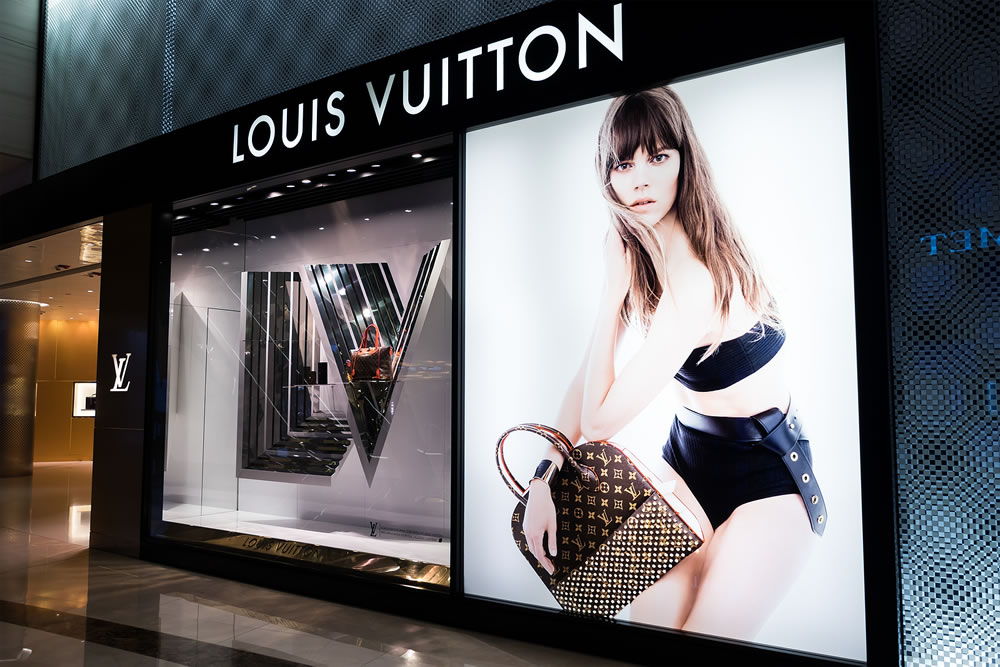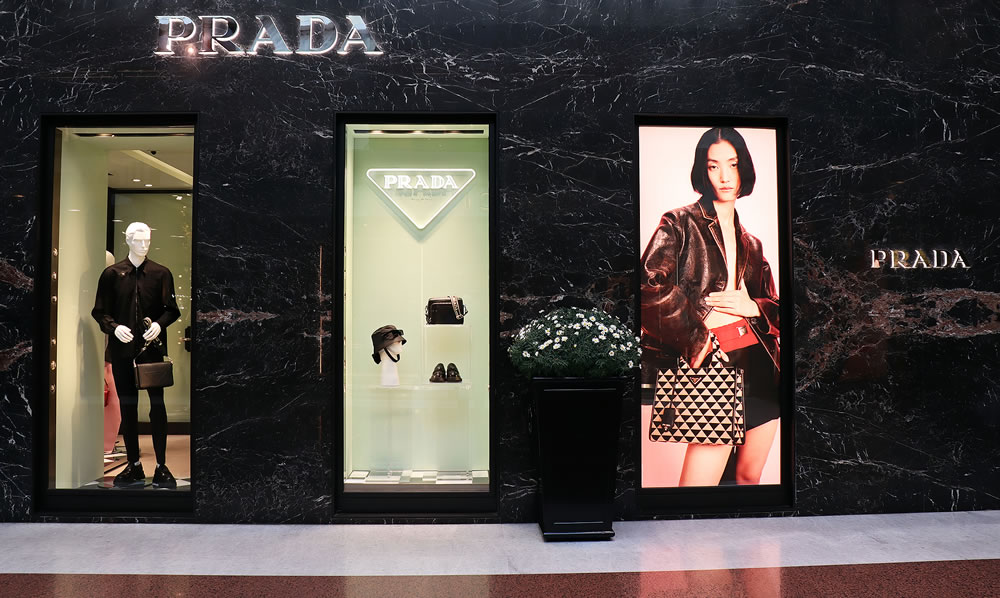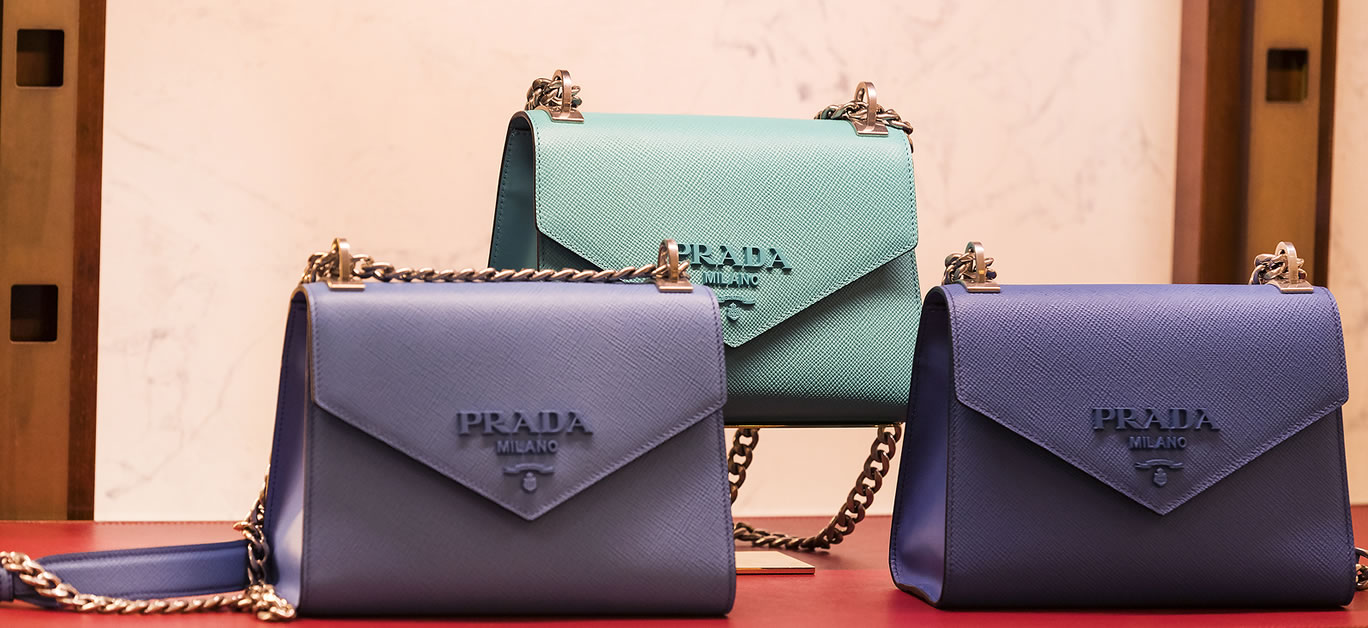It’s been an unsettling few months for the cryptocurrency market, with Bitcoin – the largest of this increasingly popular group of digital assets – crashing dramatically back in May and seeing an eye-watering 50 per cent knocked off its value when compared with the same period in the previous year.
Other cryptocurrencies have been similarly affected, with an aggressive rise in interest rates sparking the tumble – and many investors have lost out. But for others, the current low prices represent a welcome opportunity to buy before they surge once again, with the number of new users visiting sites such as bitcoin-up.live holding strong. After all, if there’s one thing we know about Bitcoin and the like, it’s that they have a proven track record of being able to bounce back.
Whichever side of the fence you sit on when it comes to the current market volatility and whether it’s a good thing or a bad one, one thing that’s becoming increasingly difficult to ignore is the benefits of the blockchain technology they work on, and while cryptocurrency values may peak and trough, blockchain technology is going from strength to strength regardless.
Many industry experts believe that we’re still only just beginning to understand the full extent of the ways in which they can be applied, with security and authentication processes thought to be two of the biggest areas in which they are already beginning to spark transformation.
It’s a development that hasn’t gone unnoticed by luxury brands, with the major high-end fashion houses like Louis Vuitton and Prada already utilising blockchain technology to protect their products and their customers. For designers like these, counterfeit goods have long posed a problem that many simply didn’t know how to effectively deal with, costing them hundreds of billions in sales over recent years and resulting in a negative impact on their reputation, too.

Just last year, several of these leading luxury fashion brands joined forces to create the Aura Blockchain Consortium – a non-profit platform that creates an identical digital version of each product.
Because blockchain is a digital ledger that may not be edited or amended in any way, it is thus able to provide each product with a unique means of digital identification, which means they can quickly and easily determine whether or not a product is real or fake before they buy. While this may not be necessary when buying directly from the brand itself, the idea is to provide the ultimate peace of mind for those purchasing from third party outlets or investing in pre-loved pieces to add to their collections.
Information recorded within the Aura blockchain includes everything from a product’s source to details of its batch and manufacture, serving as an authentication certificate that offers security that is comparable to the encryption used by banks that is accessible via a website or mobile app for ease without compromising on safety.
Currently, at least 20 high-end brands are utilising the Aura software, and with over 17 million products currently registered within its database, it’s clear that a growing number of big-name luxury designers are cottoning on to the unique value and opportunity blockchain technology provides.

Some believe that this impressive new application of this innovative system could be the beginning of the end for counterfeit goods, but there are some drawbacks to consider. In particular, the information contained within the Aura blockchain is only as reliable as the person inputting it – which means there could be room for error and even, in the worst case scenario, corrupt usage. Nevertheless, the traceability it provides and the trust it is already helping to build between brands and customers is something that we’ve never seen before until now.
Having launched its own cloud-based software earlier this year, Aura’s private system is already winning itself praise due to its sustainable approach to blockchain usage, and uses minimal energy when compared with public alternatives. And because brands don’t need to have any technological expertise to use it, it’s easy to see why a growing number of them are queuing up to jump aboard the bandwagon.
For the luxury shopper, it’s certainly an appealing prospect, and whether you’re the type of person who splurges on luxury goods for fun or the kind who carefully selects unique and iconic pieces as investments for the future, it’s certain to make the process smoother, safer and more enjoyable.






















